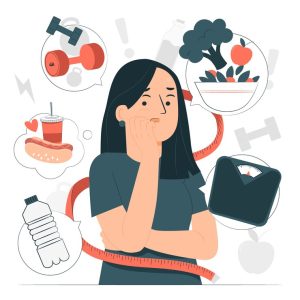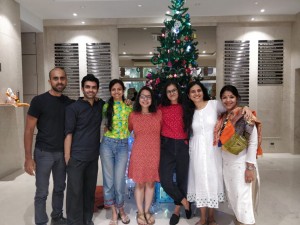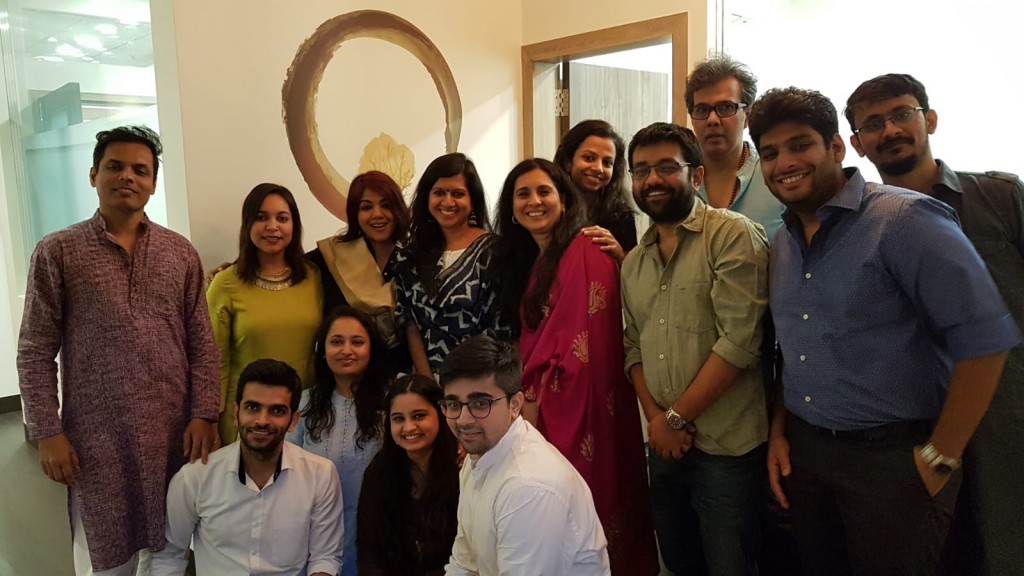
The Hidden Causes Of Eating Disorders: It’s Not What You Think
The world often sees eating disorders as just a food and weight issue. But for you, the one struggling, it’s likely way more complex. When

The world often sees eating disorders as just a food and weight issue. But for you, the one struggling, it’s likely way more complex. When

Come March 8th and the focus and attention is on women. They’ve had their share of struggles in the past to get an equal footing

Revisiting the concept of love Over the years, the concept of soulmates has been smeared and airbrushed into unrealistic levels of love and companionship. Many

We turned 11 years old on the 26th of December! This time, we thought of sharing our one most important learning about mental health with

It’s been a year since the lockdown was first imposed when the unknown and rather scary COVID-19 virus affected all our lives. It not only

Inner Space Turns 9 today, 26th December. As always, it is deeply satisfying and humbling to be a part of so many lives. We feel

Inner Space Turns 8! We turned 8 on the 26th of December, 2018! As always, we are excited and happy, more so because we have

“Don’t cry. Boys don’t cry.”
“Hahahah! Beaten by a GIRL! What a wuss!”
Though most of us would say we support the rights of LGBT, very few of us truly strive to understand the LGBT community with an empathetic, open mind and even fewer are aware of the subtle ways in which we still fall prey to stereotypes and thereby, perpetuate them.

In the wake of our 5th Birthday and the New Year turning in, we find ourselves reflectively looking back at the work we have done in the year that has gone by. As we do that, we wish to share with you all about the ongoings at Inner Space for 2015. We deeply thank each one of you for being a part of Inner Space and showing your support.

We turned five on 26th December, 2015! It’s the end of a year and the beginning of a new one, setting the stage for deep introspection…Our Chief Psychologist, Sadia Saeed Raval pens down her reflections and insights that the year gone by has offered, leaving us with some thoughts about how we could contribute to world peace!

We specialize in combining psychotherapy with deep wellness practices like mindfulness and meditation and creating a customized mental health plan for individuals and organisations.
We specialize in combining psychotherapy with deep wellness practices like mindfulness and meditation and creating a customized mental health plan for individuals and organisations.

A young woman from another country moved with her family to live for one year in a town near the monastery. When, in the course of the year she discovered the monastery, she would periodically visit to have discussions with the Abbess. The Abbess introduced her to meditation, which became very meaningful for the young woman.
When the family’s year-long stay was drawing to an end, the young woman asked the Abbess, “In my country there is no Buddhism and no one has even heard about meditation. How can I continue to learn and deepen the practice you have started me on?”
The Abbess said, “When you return home ask far and wide for who, among the wise people, is recognized as having the greatest ability to listen. Ask that person to instruct you in the art of listening. What you learn about listening from such a person will teach you how to further your meditation practice.
― Gil Fronsdal, A Monastery Within: Tales from the Buddhist Path